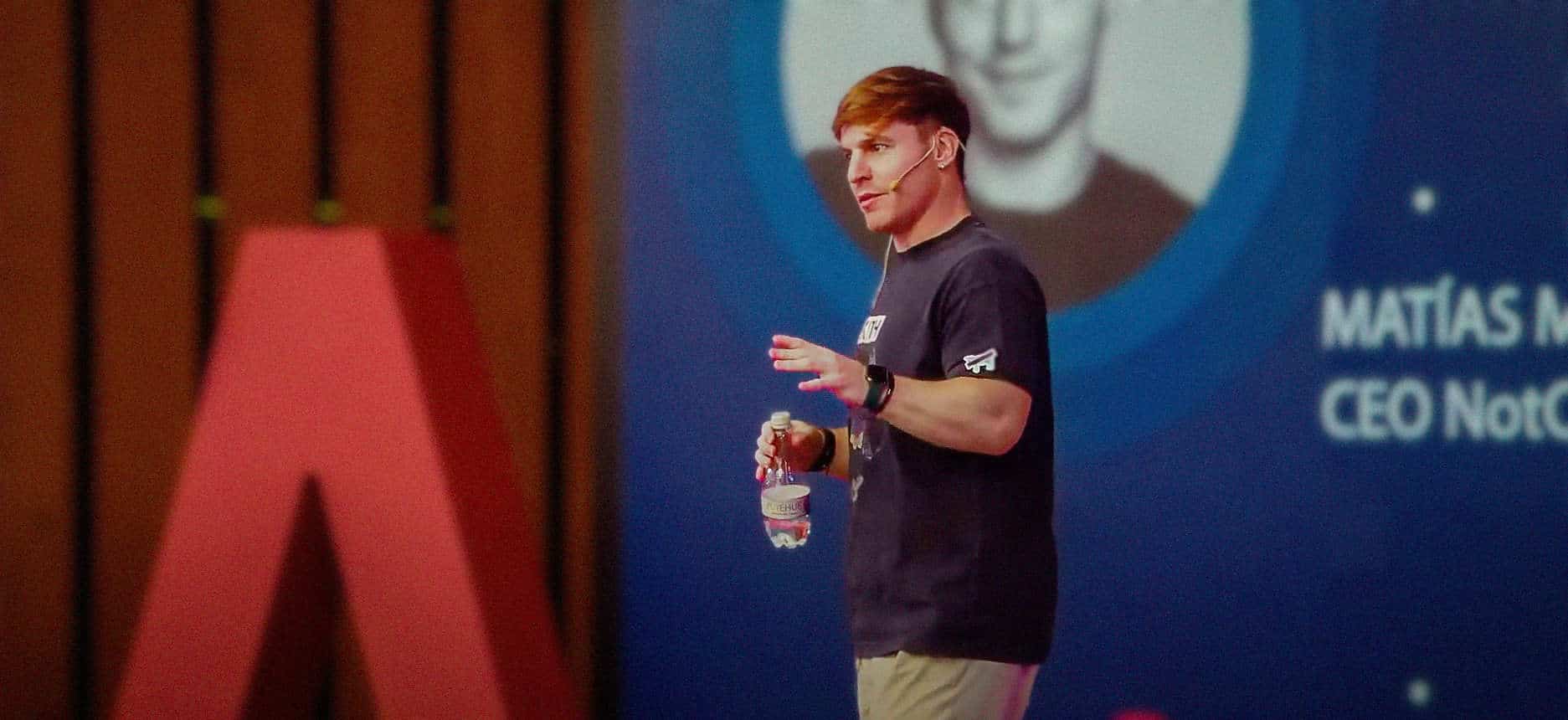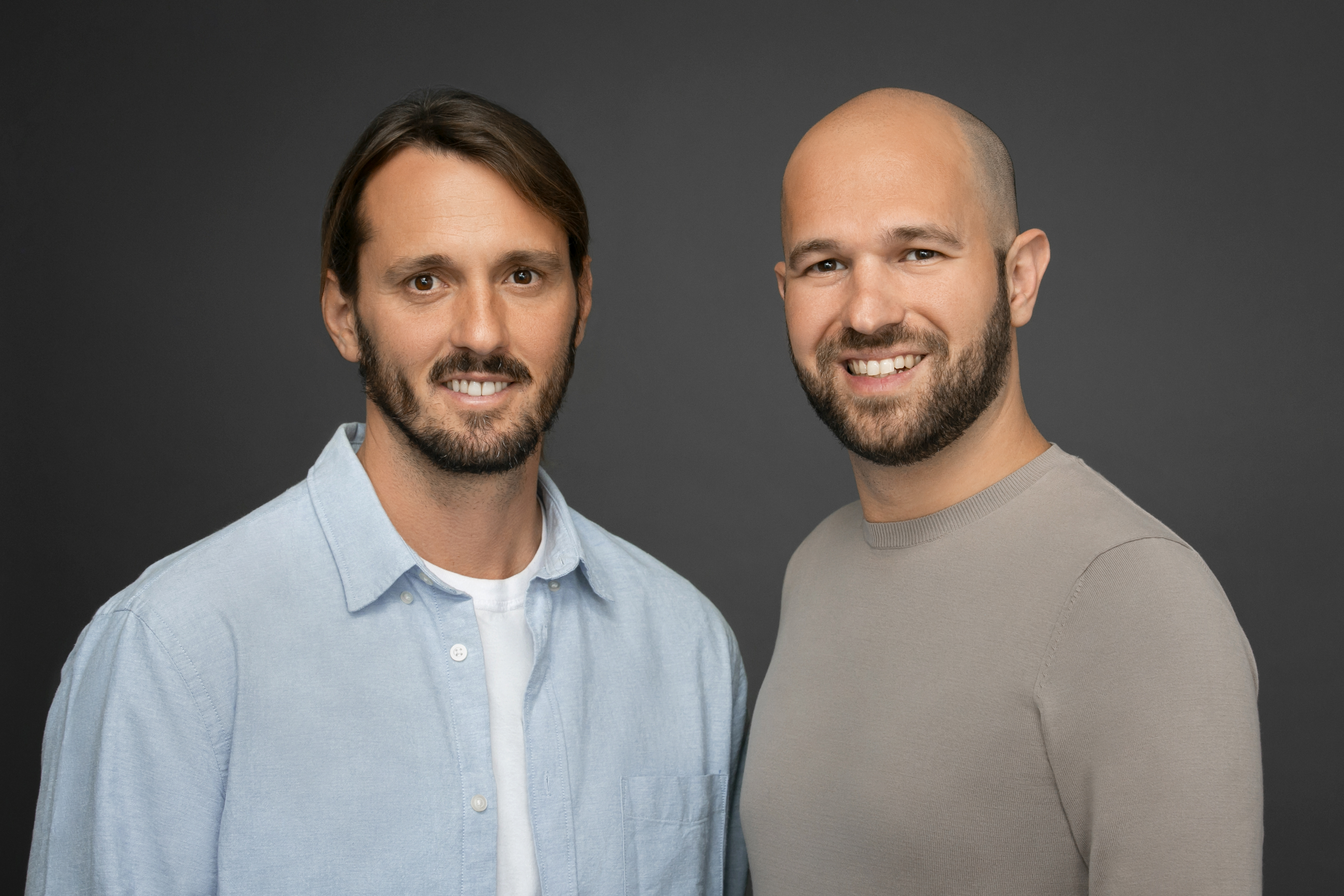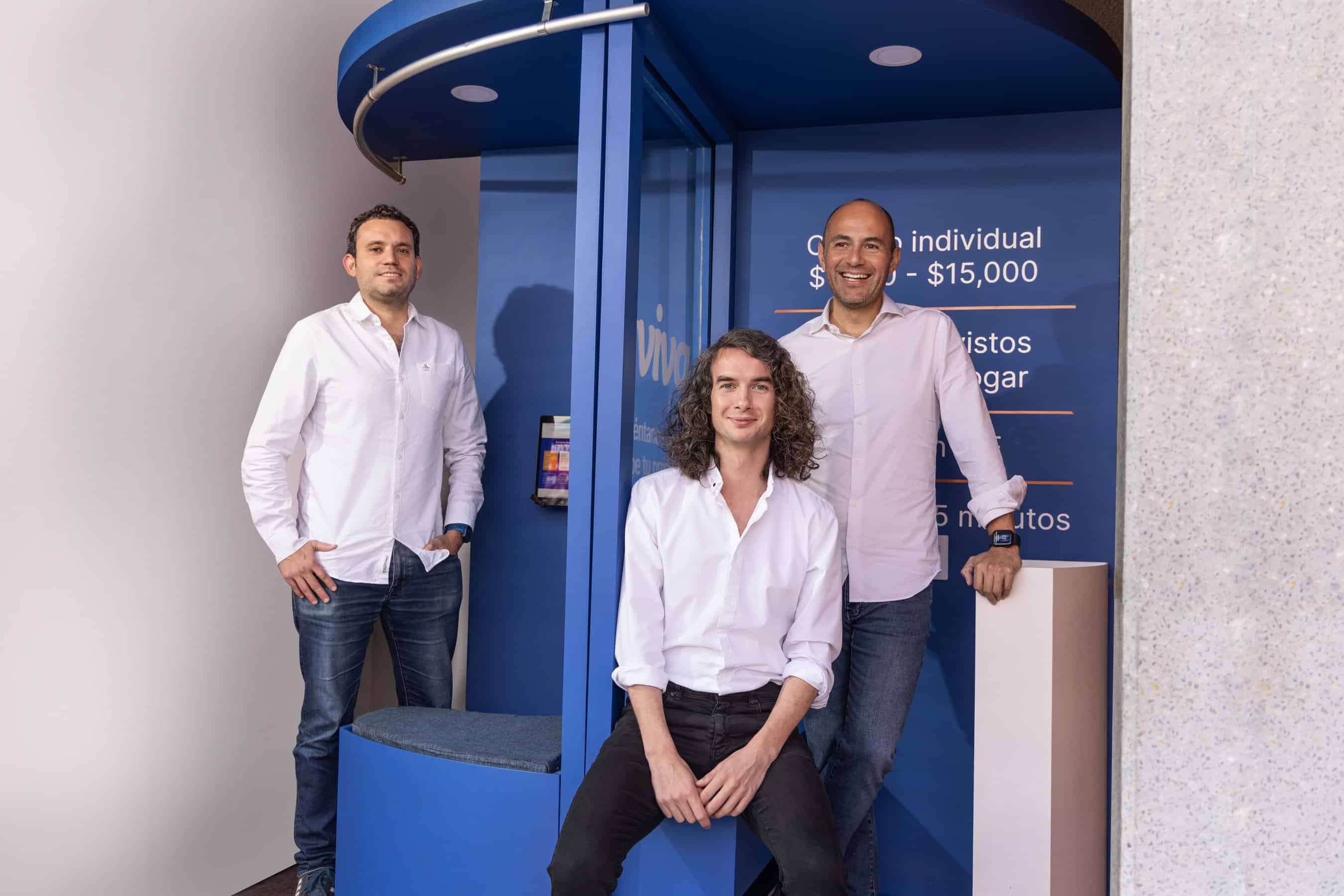This Tuesday was held in the eastern sector of the Chilean capital MAS Pitch, an event organized by the weekly magazine DF MAS (the Sunday edition of Diario Financiero), which for the past two years has been covering in depth the increasingly vibrant startup and venture capital scene in Chile.
The event was divided into two parts, one with a competition for new local startups and the other with talks by speakers from some of the most successful startups and investment funds in the country.
The startups presented their pitch in four minutes to the jury members, different actors of the national ecosystem, such as Federico Iriberry from Broota, a well-known crowdfunding platform for companies, or Mauricio de la Torre, from Wind Ventures, the VC of the local fuel company Copec.
Where they make their products and what differentiates them from the competition were among the questions asked by the judges toward the end of each pitch.
Among the contestants were Cacttus, a pet insurance startup, Levannta, a fintech that finances other startups, and the winner of the day: the agrotech Ciencia Pura, which developed a technology that regulates the light received by plants. The prize was a consultancy from the law firm Barros y Errázuriz and will be presented this Sunday at DF MAS.
Create, invest and take the risk
The biggest part of the event was the speakers’ talks, which came from investment funds and startups that have stood out in recent years.
Cristóbal Silva, director of the Chilean Venture Capital Association and partner of Kayak Ventures, one of the most active Chilean funds, emphasized the need for companies to develop resilience in the cycle of entrepreneurship, in which sometimes the numbers are very high and sometimes very low.
“We need companies that can occupy the cycle to their advantage, not trying to maximize valuations in each round, having a culture that can adapt over time,” he said. “Because there are going to be cycles, and those who don’t understand this will not exist in the next 10 years.”
His speech was optimistic and rescued from the Chilean scenario, the “good talent base.” He gave as an example the case of Rappi, in which ex-employees have made more than 100 ventures, of which the founders of the original have been angel investors (a case that is informally known as the Rappi mafia).
Antonia Rojas, a partner of the Mexican fund ALLVP, the largest at the event, was another speaker. Without a background presentation, she wanted to make a more dynamic speech and explained ALLVP’s four filters for investing in a startup: a team with technical, diverse, and complementary talent; that the market, besides being large, is within the expertise of the firm; that the solution delivered by the company is really 10 times better than the current market; that they have a business model; and, finally, that the product or service has the potential to pay the fund.
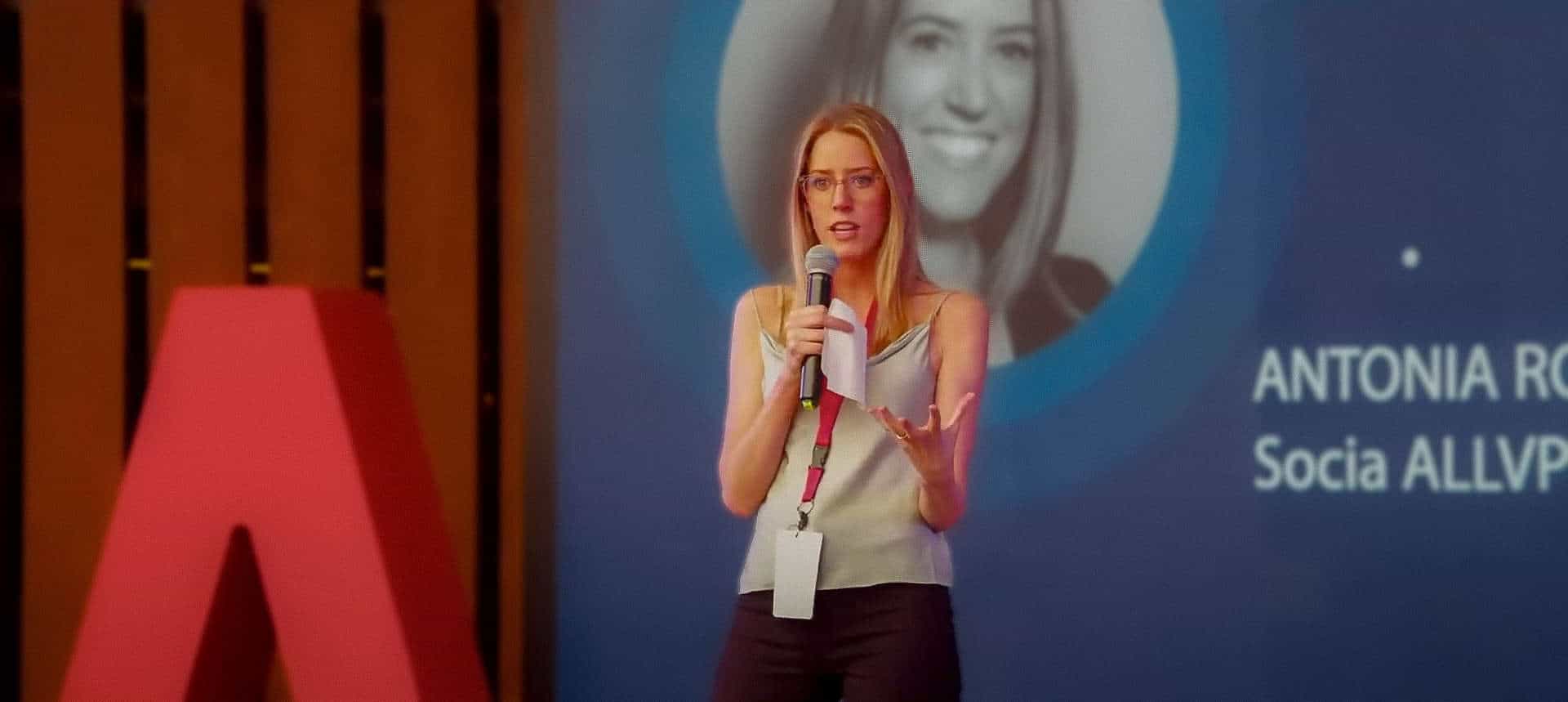
“This is a business of what we call ‘Power Law,'” Rojas said. “That means that one or two companies in our portfolio will pay several times the fund. There will be many that will die, and we are OK with that.”
Matías Muchnick, founder of Chilean foodtech NotCo (one of the country’s three unicorn companies) chose to talk about the mental health behind the technology business: the raising of large capital and its risks. He spoke about his emotions, recounting how he was affected by the death just two weeks ago of the company’s head of Research and Development in the US at the age of 39.
He recalled when, in February 2017, they were going to launch their vegan mayonnaise in a renowned supermarket chain, and all the products were blown up on the road inside the trucks. The frustration of making such a ridiculous mistake as not having checked the resistance of the packaging almost took away their chance of reaching mass sales. However, in the two months that the retail chain gave them to reship the goods, they produced a second vegan mayonnaise that was much better than the previous one. Thus, he encouraged those who are in the early stages of their ventures to take care of their mental health since there are always “mentors and dementors” along the way.
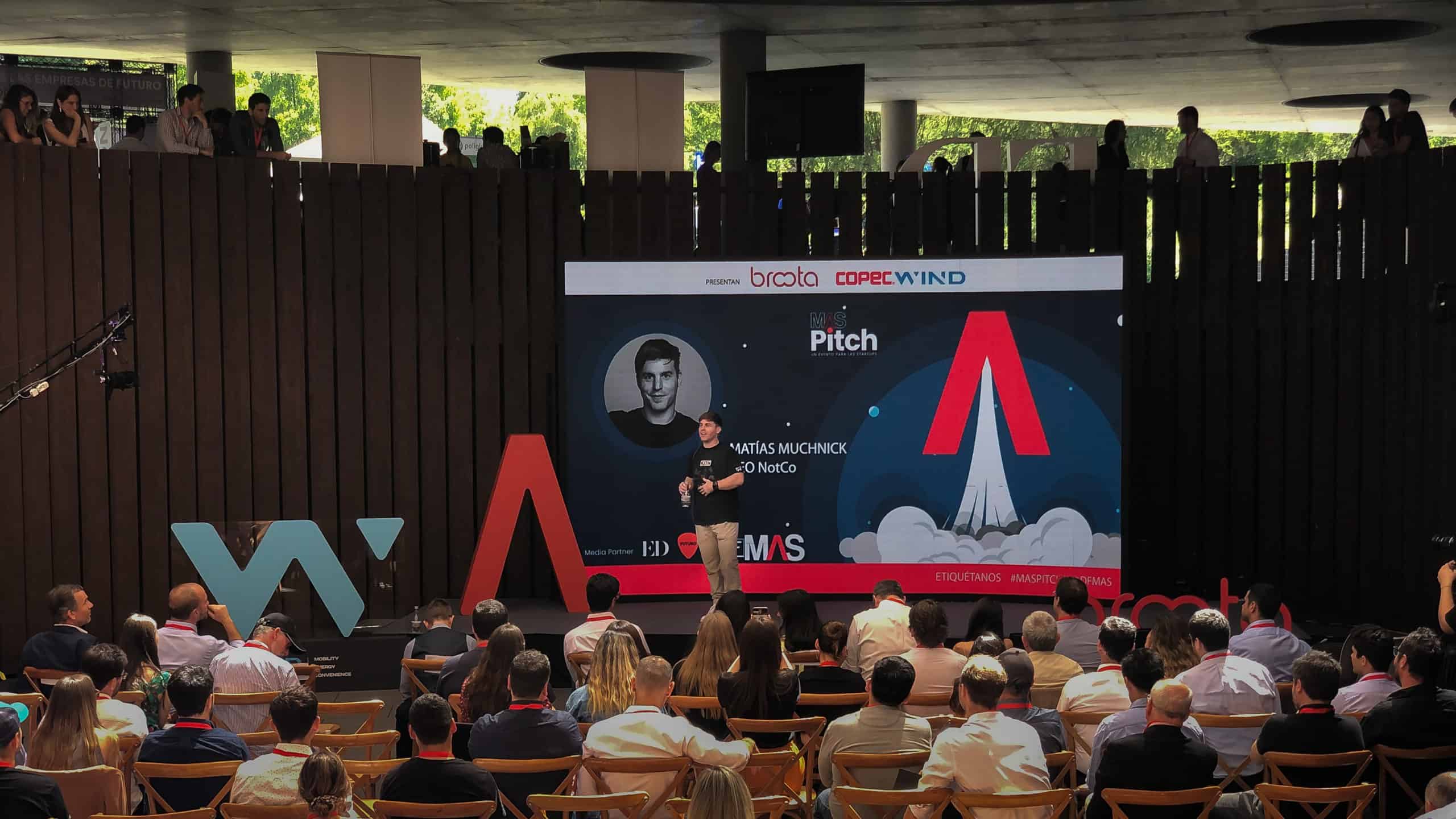
The day featured talks by founders of eminent local startups such as Xepelin, Fintual, Broota, and Buk. One of the latter was Ian Lee, from Examedi, a home medical exams startup that operates in Chile and Mexico, which Lee founded at the age of 19 ( he is now 21).
Lee’s speech, whose company raised US$17 million in June and sealed an alliance with Walmart a few days ago, was based on the history of Examedi and how he was fine-tuning the idea on the way to his first meeting with investors. He gave his first pitch last year in front of Platanus Ventures without being entirely clear about the process.
Now, the reality is different a little over a year after that first time. “I always use a strategy when I answer. I answer the question in one sentence, then explain, and elaborate.” And he adds that a common mistake —from which he has learned and which some pitches of the day made—is that they gave a lot of explanations and then the answer, which often did not finally answer the question. He also urged new startups to believe in their ideas: “If the person doesn’t believe the story, the other person won’t believe it either.”
Asked by this media outlet about the event, Lee was very pleased. “I feel that this is incredible for anyone who is starting up,” he said.
An event that is here to stay
According to the organization, the event was a success. “It worked extraordinarily; there were more than 450 people, tickets were sold out a week before, there were more than 1,500 people in streaming, and it reached a reach of 15 thousand people on Instagram,” Juan Pablo Silva, who created the project, told Contxto.
Silva, a journalist at DF MAS, went this year for the first time to the TechCrunch Disrupt in San Francisco, a reference event of the startup ecosystem. He returned with the idea of doing something similar in Chile; his bosses supported him and managed to put together this celebration of the Chilean ecosystem in less than a month. A celebration that, in fact, they intend to project over time.
